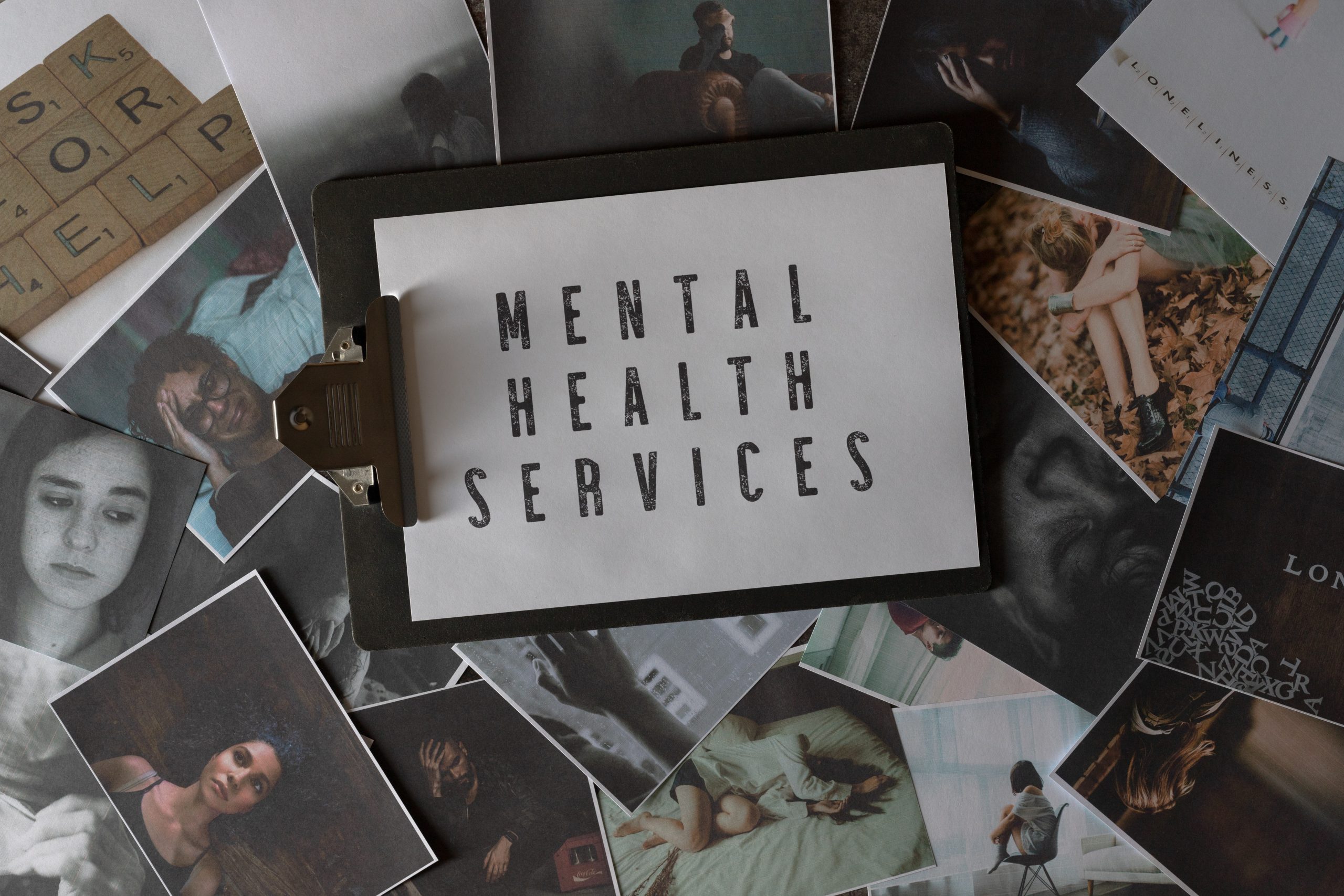According to a recent report, one in five students have a diagnosed mental health problem, almost half of students reported thoughts of self-harm, and more than three-quarters have not reached out for help due to stigma.
Paul Dodsley, Student Health Development Officer at Nottingham Trent University, says that the initial transition and the settling-in period is the most challenging time for students, as well as the return to university after the Christmas period.
“There is so [much] at one time that can have an effect on their wellbeing… moving away, living with strangers, having to fend for [yourself] regarding cooking and washing, making friends, being part of a new community, finding you[r] identity, and this is before the course starts,” says Dodsley.
One way to help freshers feel as settled as possible when coming to university is to prepare as much as possible. Dodsley recommends getting involved with societies and sports clubs and checking out Facebook groups specific to accommodations to help prepare students coming to university. Things such as visiting the campus and walking around the university city are key. It can remove worries about not knowing where the nearest supermarket is or how close the main lecture hall is to their accommodation.
“The key thing is to give [them] time to settle,” he says. Dodsley suggests the students bring “a little bit of home with them for their rooms” and reiterates just how important it is to keep in touch with those at home.

Nottingham Trent University eases the transition by having the Student Mentor programme (formally CERT Student Mentoring). Run by the Collaborative Engagement and Retention Team (CERT), this initiative deploys student mentors to support every first-year undergraduate student. “Mentors are both integrated into the existing curriculum and coordinate independent activities to encourage a sense of belonging amongst undergraduate students.”
Students need to be aware of what support is available so that they can get help as soon as possible, Dodsley says. “No one should suffer in silence; talking about it makes all the difference.”
Nottingham Trent University has a dedicated mental health and wellbeing service, as well as numerous other services, all free of charge. To name a few: International Student Support, Student Disability Support, and Students Support Finance. In terms of wellbeing, NTU offers its own health and wellbeing programme, counselling, and student support advisers who can provide information, advice, and support with social, family, domestic, and other personal circumstances. They also offer SilverCloud – an online support service that offers secure and immediate access to online cognitive behavioural therapy (CBT) programmes.
As well as reaching out to these services, all students should register with a GP within the first week of arriving at university. This is to ensure that any medication or help you may need can be sorted and ready for when you start your course. It is also important to notify the university about any pre-existing mental ill health problems before you arrive so that any support needed can be put in place. You may also be eligible for Disabled Students’ Allowance (DSA), which can offer support to cover study-related costs you may have because of a long-term illness, mental health problem, or any other disability.

Student Support Services are not the only source of help. NTU works closely with charities, including Student Space and Student Minds, as well as NHS services such as drugs support and mental health, says Dodsley. “I link with over 40 different services and charities that are external to the uni and provide support/advice for free.” Support is also available through the Student Mental Health Champion project – a collaboration between NTU’s student union and the Student Support Services. The Champions spread information and awareness through campaigns, events, and their blog. If you prefer to listen than read, Nottingham Trent University also has its own podcast – Anxietea.
It can be easy to neglect health and wellbeing at university – drinking too much alcohol, eating too much junk food, and not having a sleeping schedule. Dodsley has the following ‘top tips’ for freshers – “give yourself time to settle, get involved in the various activities on offer, ring home often, know the support that is available to you, decorate your room to make you feel at home (put photographs up, fairy lights, posters, etc.), bring a door stop with you and use it (this encourages other to say hi), and look after yourself.” Self-care is important, Dodsley says. “Make time for things that you enjoy. Think about joining societies, going on walks or joining the gym.”
If you or someone you love is struggling, seek help as soon as possible. The earlier you find support, the more likely you will get a positive outcome and return to enjoying university life.
Lead image: Photo by micheile dot com on Unsplash


